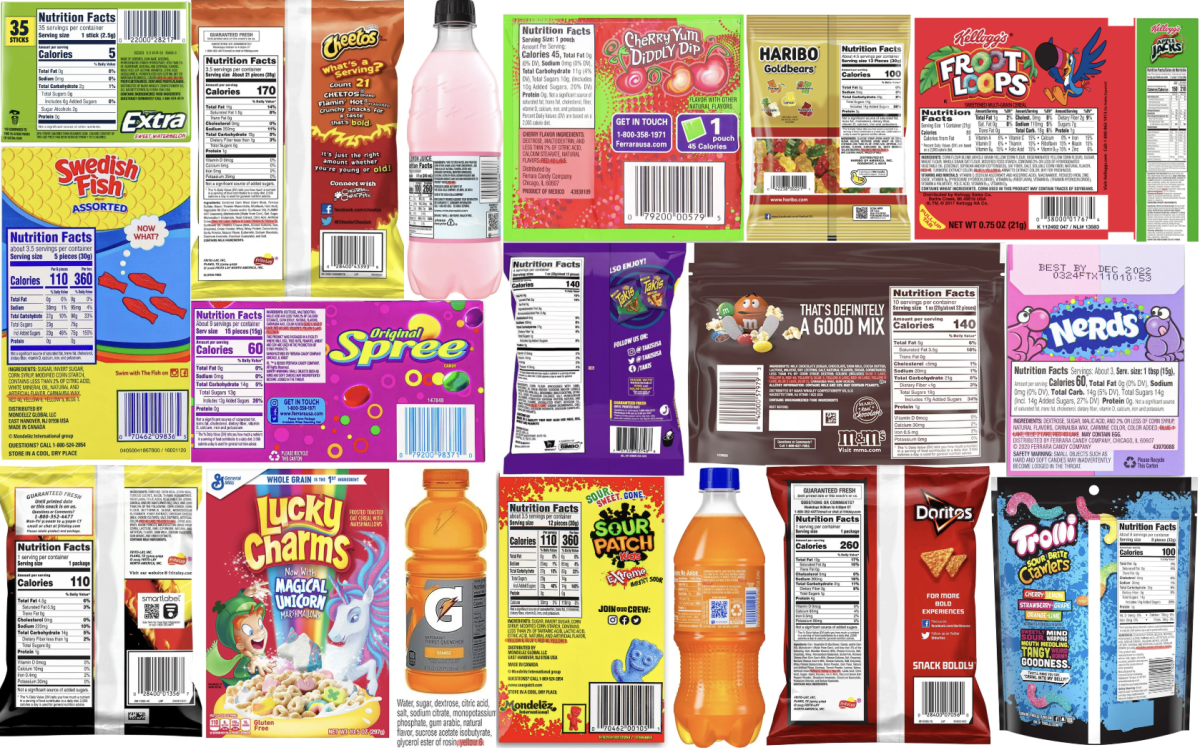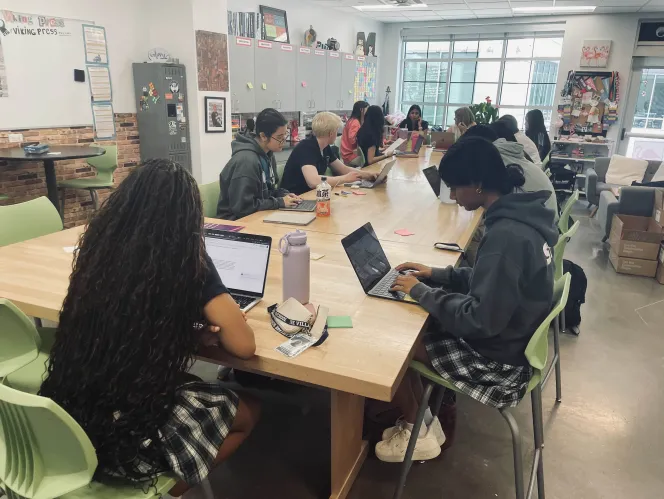If you have been alive long enough to witness the early 2010s, you would notice something about the workforce. If you walked into a fast food institution or a grocery store, you would notice how each job role was mainly occupied by teenagers or younger people. Nowadays, it is nearly the opposite, as many of those jobs are now occupied by older people and barely any young teens; this isn’t a coincidence. Recently, newer generations have been struggling in trying to find a job if they are under the age of 18. New regulations and restrictions are locking them out of job opportunities, leaving them with few options. These jobs aren’t just to give teens some extra cash to spend, it’s to help them grow and become independent in the near future.
In the past, teens did not have much trouble looking for a job. They could work at most places as long as they met a certain age requirement, usually something reasonable like 13-15 years old. It could have been bagging groceries, being an ice cream scooper or helping construction workers. Nowadays, teens hit a barrier of modern restrictions such as a stronger age requirement, previous experience or limited job openings. This matters quite a bit as teens shouldn’t just be overlooked as immature or incapable of working; they can actually help a lot in a working environment. Working can also help them save for college, provide for their families, or just learn responsibility. Students at The Village School are more than capable of working with effort in school.
Josh Grynstein, a freshman in college and a former student at The Village School, is currently working at a local McDonalds near the University of Texas to gain money with little success and has experienced similar troubles. “I was looking for jobs for summer, and they had very harsh restrictions; it was extremely difficult to find a job I am eligible for,” Said Grynstein. “Teens should be able to make money on their own if they want since they are beginning to grow up and will need to learn responsibility.”
Alejandro De Leon, a sophomore at The Village School who is currently looking for a business internship to strengthen his college application after high school, shared a similar story as Grynstein. “I tried looking on many sites to find jobs and I still could not find a fit for me without being restricted due to lack of experience or my age.” Said De Leon. “I think teens that work could contribute heavily to the economy and the workforce, as they are just as capable as an adult worker if they were given the chance to try.”
Both Grynstein’s and De Leon’s stories show how difficult this process has become for teenagers. This shouldn’t be the case as studies show working teens actually develop better job skills throughout their adult life. According to the U.S. Department of Labor, for every year a person works during their teens, their income raises 14-16% in their twenties. This shows that just by working in your teens, you are likely to receive more income in the future due to experience and the skills you will receive. On top of that, further research shows that teen jobs can be enjoyable and make working in the future not seem so much of a frightening thing to teens.
Economically, young people working has many advantages. The Joint Economic Committee Democrats state that providing young people with jobs strengthens their local community and the overall economy. Unfortunately, due to the lack of employment, The Center For American Progress estimates that young Americans will lose a combined $20 billion in earnings over the next decade.
Most businesses may just be scared to hire teens as they are seen as unskilled, but teens are underestimated, especially the hardworking teens at The Village School. You should not be scared to apply for jobs and begin working, as you can only benefit from it. Jobs don’t take away time or summers; they provide a sense of independence and give individual growth. Helping provide teens with more jobs, not only helps the individuals, but it helps strengthen the economy and helps contribute to society as a whole.








